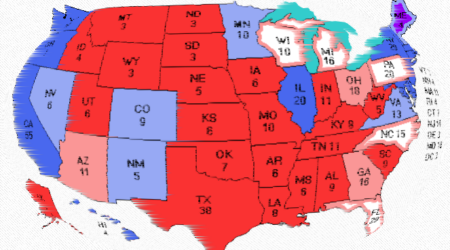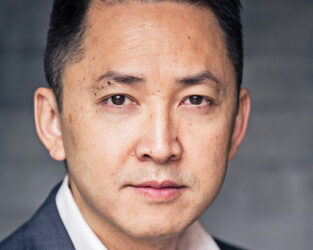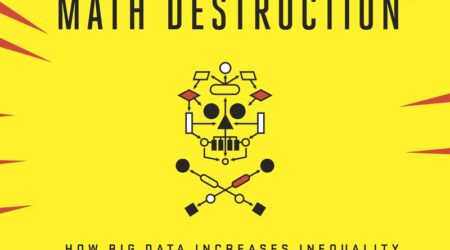On November 30, 2016, UC Berkeley’s Social Science Matrix welcomed Arlie Russell Hochschild, Professor Emerita of Sociology, for a discussion focused on her new book, Strangers in Their Own Land: Anger and Mourning on the American Right (The New Press, September 2016), a National Book Award Finalist.
Hochschild is one of the most influential sociologists of her generation. She is the author of nine books, including The Second Shift, The Time Bind, The Managed Heart, and The Outsourced Self. Three of her books have been named as New York Times Notable Books of the Year and her work appears in sixteen languages. She was the winner of the Ulysses Medal as well as Guggenheim and Mellon grants.
In Strangers in Their Own Land, Hochschild embarks on a thought-provoking journey from her liberal hometown of Berkeley, California, deep into Louisiana bayou country—a stronghold of the conservative right. As she gets to know people who strongly oppose many of the ideas she champions, Hochschild nevertheless finds common ground with the people she meets—among them a Tea Party activist whose town has been swallowed by a sinkhole caused by a drilling accident—people whose concerns are shared by all Americans: the desire for community, the embrace of family, and hopes for their children.
Strangers in Their Own Land goes beyond the commonplace liberal idea that many on the political right have been duped into voting against their interests. In the right-wing world she explores, Hochschild discovers powerful forces—fear of cultural eclipse, economic decline, perceived government betrayal—that override self-interest, as progressives see it, and help explain the emotional appeal of a candidate like Donald Trump. Hochschild draws on her expert knowledge of the sociology of emotion to help us understand what it feels like to live in “red” America. Along the way she finds answers to one of the crucial questions of contemporary American politics: why do the people who would seem to benefit most from “liberal” government intervention abhor the very idea?
“Conducted over the last five years and focusing on emotions, I try to scale an ‘empathy wall’ to learn how to see, think, and feel as they do,” Hochschild explains on her website. “What, I ask, do members of the Tea Party–or anyone else–want to feel about the nation and its leaders? I trace this desire to what I call their “deep story”—a feels-as-if story of their difficult struggle for the American Dream. Hidden beneath the right-wing hostility to almost all government intervention, I argue, lies an anguishing loss of honor, alienation, and engagement in a hidden social class war.”
In this conversation, moderated by Lynsay Skiba, Associate Director for Programs at Social Science Matrix, Hochschild details her experiences conducting research for Strangers in Their Own Land, and she describes the relationships that helped her understand the underlying narratives that shape these Americans’ opinions and attitudes.


